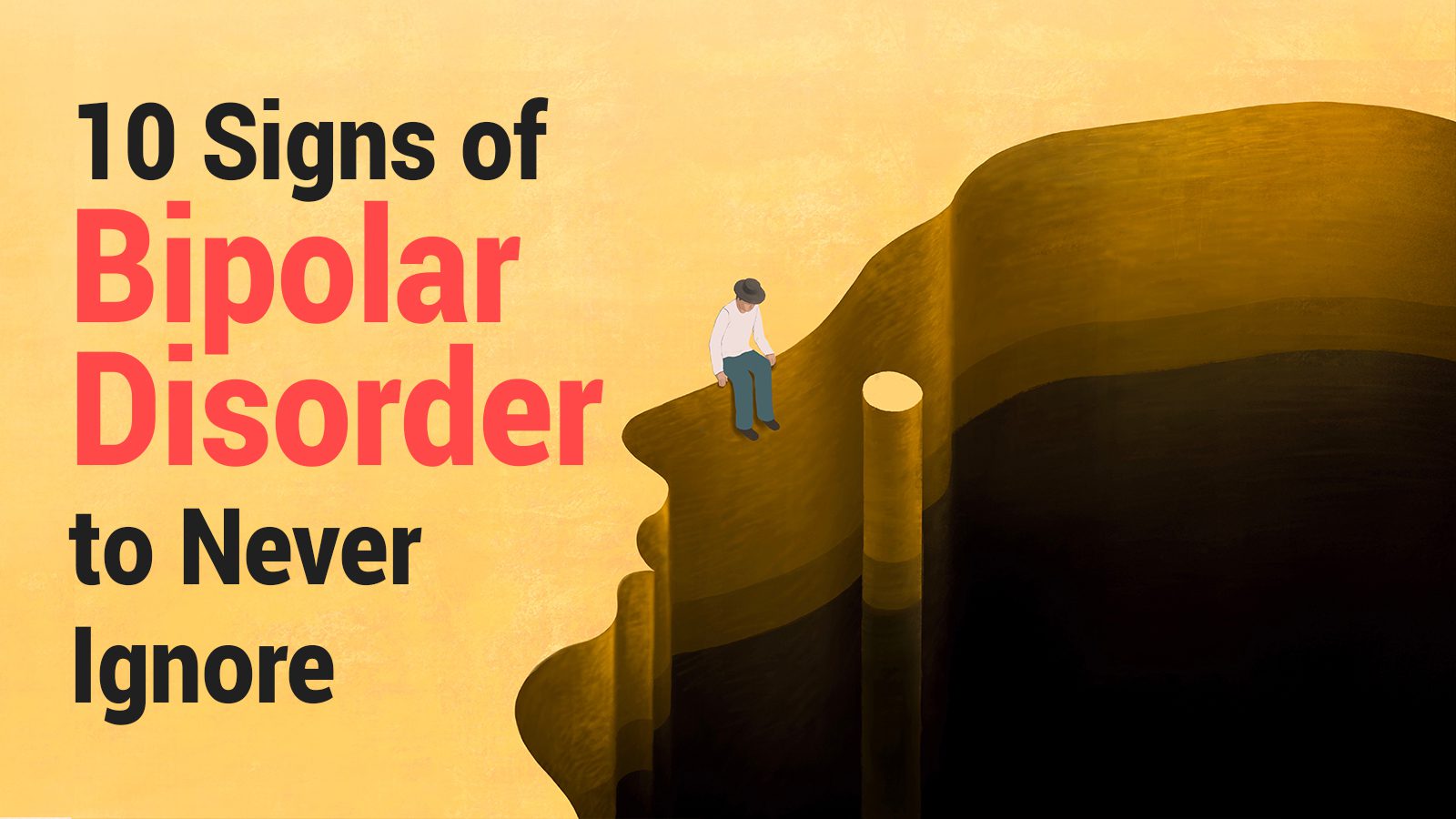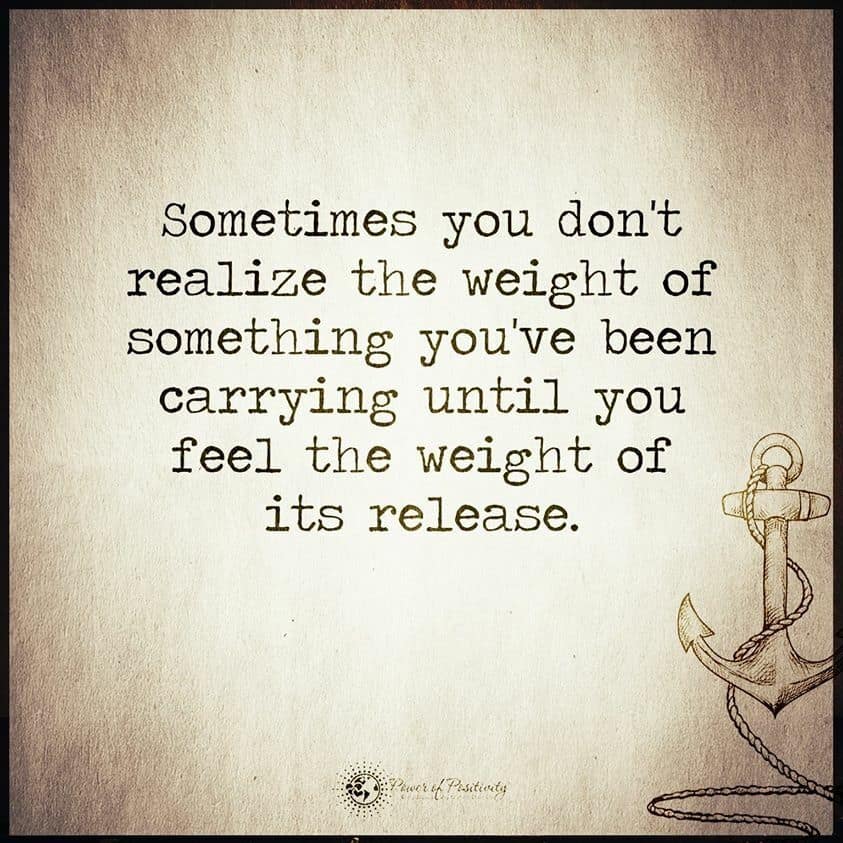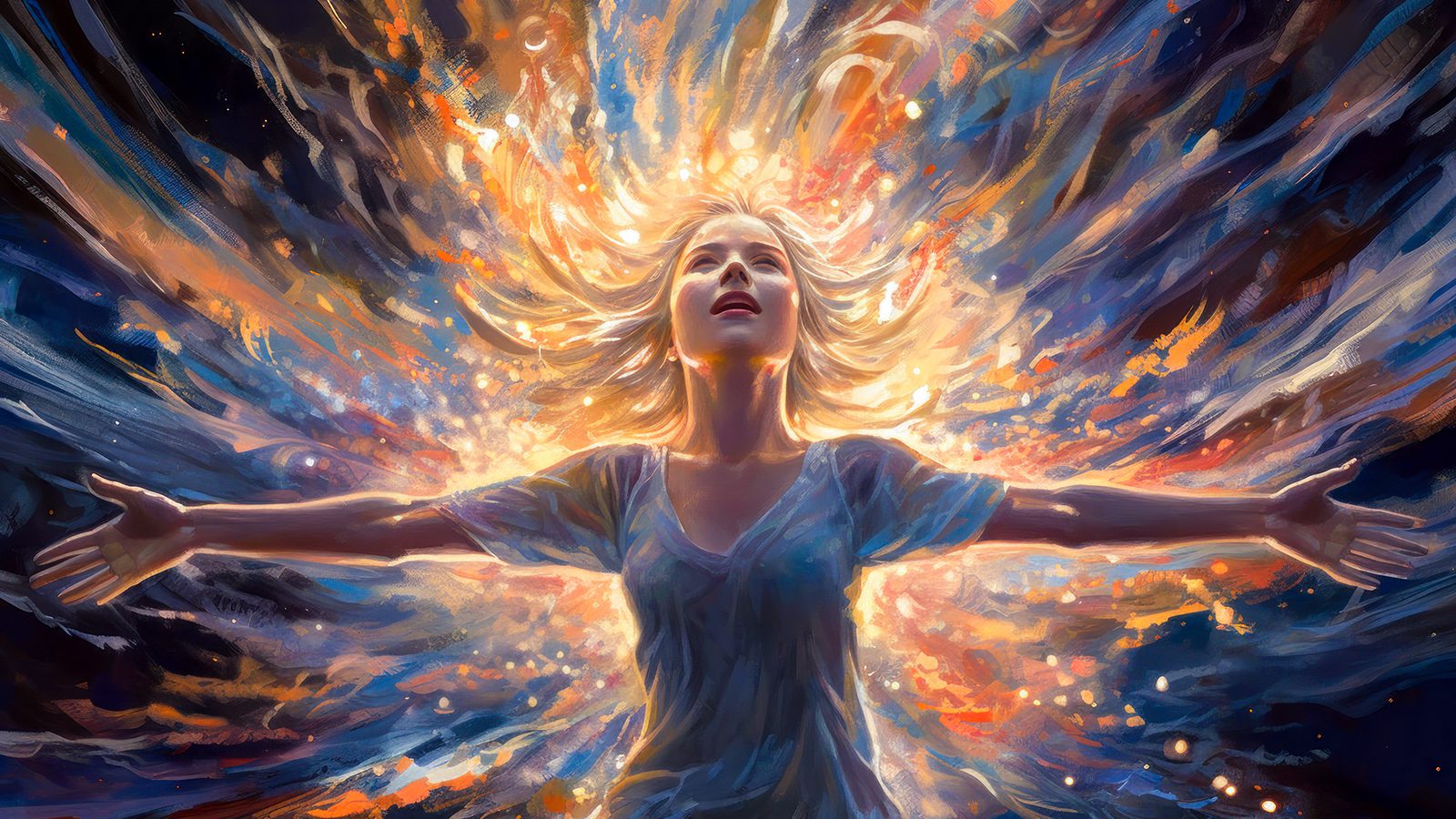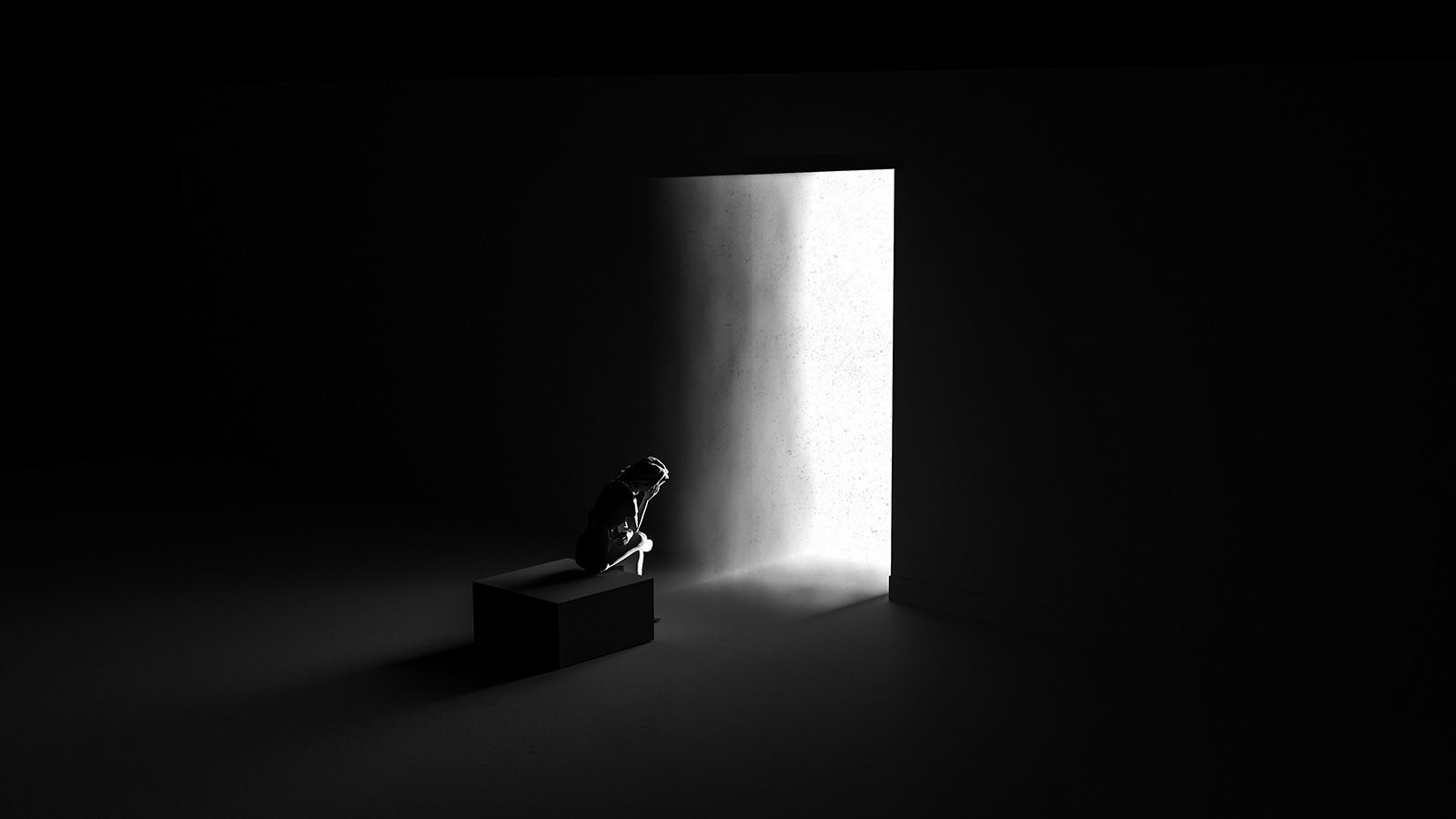Do you know the key signs of bipolar disorder?
Bipolar disorder is a multifaceted mental health condition that profoundly impacts the lives of millions of individuals globally. It is marked by extreme shifts in mood, ranging from periods of intense energy and euphoria to episodes of deep sadness and despair. These are known as manic and depressive episodes, respectively.
Bipolar disorder can have a profound impact on an individual’s life. Recognizing bipolar disorder symptoms is a vital step in managing the condition. By becoming familiar with the signs of bipolar disorder, you can better identify if you or a loved one is experiencing the condition and take appropriate action. This article aims to overview bipolar disorder as a mental health condition and emphasize the significance of recognizing its signs.
By understanding the key indicators, individuals and their loved ones can identify if they are experiencing bipolar disorder and take appropriate action. The early identification of bipolar disorder can lead to timely interventions, improving overall outcomes and enhancing the quality of life for those affected. Early diagnosis and intervention provide the opportunity to implement strategies and coping mechanisms to mitigate the impact of bipolar symptoms.
Understanding Bipolar Disorder
Bipolar disorder is a mental health disorder known for extreme mood swings that can significantly impact daily life and relationships. Individuals with bipolar disorder experience alternating episodes of mania and depression, which are the defining features of the disorder. During manic episodes, individuals may exhibit elevated mood, increased energy, and heightened self-confidence.
They may engage in impulsive behaviors, experience racing thoughts, and have difficulty sleeping. These periods of mania can be exhilarating but can also lead to reckless decision-making and strained relationships. Conversely, depressive episodes are characterized by overwhelming guilt, hopelessness, and a lack of interest or pleasure in activities. People may see changes in appetite and sleep patterns, difficulties in focusing, and thoughts of self-harm or suicide.
Depressive episodes can be debilitating, affecting one’s ability to function effectively and maintain healthy relationships. In addition, the fluctuating nature of bipolar disorder can create significant challenges for individuals and their loved ones. The unpredictable shifts between manic and depressive episodes can disrupt routines, strain personal relationships, and hinder professional or academic performance.
Know These 10 Signs of Bipolar Disorder
The intensity and duration of these episodes vary among individuals, making it crucial to recognize the signs and seek appropriate support and treatment.
5 Signs of Bipolar Depression: Manic Episode Symptoms
Let’s delve into the specific symptoms of manic episodes, shedding light on the unique characteristics of this condition.
1. Elevated Mood or Irritability
During a manic episode in bipolar disorder, individuals often experience an elevated mood or irritability that surpasses their usual state. This heightened mood can manifest as an intense sense of happiness, euphoria, or a surge of energy. They may exhibit excessive cheerfulness, enthusiasm, and optimism, with a belief in their special abilities or talents.
Meanwhile, some people may feel persistently irritable, easily agitated, and prone to angry outbursts. These mood changes can lead to impulsive decision-making, risky behavior, and conflicts in relationships or professional settings.
2. Increased Energy and Activity Levels
A key symptom of a manic episode is a significant increase in energy and activity levels. Individuals may feel restless, finding it challenging to sit still or relax. This heightened energy often results in heightened productivity and engagement in various activities. They may take on multiple tasks simultaneously, exhibiting a frenzied and accelerated pace of behavior.
They may appear constantly active and report needing less sleep than usual, feeling energized even with minimal rest. The reduced need for sleep and the ability to function with minimal rest are common during manic episodes. This contributes to sustained activity levels that go beyond what is considered normal.
3. Racing Thoughts or Pressured Speech
Racing thoughts and pressured speech are common manifestations of a manic episode in bipolar disorder. During these episodes, individuals may experience a rapid flow of thoughts, making concentrating on a single idea difficult. They may find it challenging to keep up with their thoughts, resulting in a rapid and disjointed flow of speech.
Others may struggle to interrupt or participate in the conversation due to the individual’s rapid and overwhelming verbal output. This can result in pressured speech, where individuals feel compelled to speak quickly and continuously, often changing topics rapidly. Racing thoughts and pressured speech can hinder effective communication and contribute to feelings of restlessness and agitation. Understanding and recognizing these symptoms is crucial for identifying and managing manic episodes in bipolar disorder.
4. Decreased Need for Sleep
A decreased need for sleep is a common symptom observed during manic episodes in bipolar disorder. Individuals may require significantly less sleep than usual or have trouble falling asleep despite feeling energized. This insomnia-like symptom can contribute to an overall reduction in total sleep duration.
However, the impact of sleep disturbances on daily functioning and overall health should not be overlooked. The lack of quality sleep can impair cognitive function, decision-making abilities, and concentration while compromising physical health and immune system functioning. The lack of adequate rest can lead to feelings of restlessness and an increased sense of productivity, further fueling the manic episode.
5. Impulsive or Risky Behavior
Engaging in impulsive or risky behavior is a significant symptom observed during manic episodes in bipolar disorder. Individuals in a manic state often exhibit a decreased ability to consider the consequences of their actions. This leads to impulsive decision-making and a propensity for risk-taking. This can manifest in behaviors such as excessive spending, reckless driving, substance abuse, and engaging in unprotected sexual encounters.
Individuals may disregard potential dangers or negative outcomes driven by invincibility and heightened self-confidence. These impulsive and risky behaviors can have far-reaching negative consequences, including financial difficulties, strained relationships, legal problems, and physical harm.
5 Signs of Bipolar Disorder: Depressive Episode Symptoms
Now let’s shift our focus to the other end of the spectrum and examine the symptoms of depressive episodes.
1. Pervasive Sadness or Hopelessness
Pervasive sadness or a profound sense of hopelessness is a prominent symptom of depressive episodes in bipolar disorder. During these episodes, individuals experience an enduring sadness that goes beyond ordinary sadness or grief, coupled with a bleak outlook on life.
They may display constant sadness, a loss of interest in activities, and a negative mindset, leading to withdrawal and diminished self-worth. These intense emotions significantly impact daily functioning and relationships. Examples of pervasive sadness or hopelessness during a depressive episode include constant sadness, tearfulness, or emptiness.
2. Loss of Interest or Pleasure
Loss of interest or pleasure, known as anhedonia, is a significant symptom of depressive episodes in bipolar disorder. During these episodes, individuals experience diminished enjoyment or enthusiasm for once-pleasurable activities. Even simple tasks may require tremendous effort and may feel overwhelming.
Individuals may experience a noticeable decrease in their overall energy levels, affecting their ability to engage in daily activities, meet responsibilities, and maintain social connections. They may withdraw from social engagements, neglect hobbies, and feel a pervasive emptiness.
3. Fatigue or Loss of Energy
Fatigue or loss of energy is a prominent symptom experienced during depressive episodes in bipolar disorder. Individuals may constantly feel tired, lacking motivation, and experience a pervasive sense of exhaustion not relieved by rest. This low energy level significantly impacts daily functioning, making even simple tasks challenging and overwhelming. Addressing this symptom is crucial to alleviate fatigue, restore energy levels, and improve overall functioning.
4. Feelings of Worthlessness or Guilt
Feelings of worthlessness or excessive guilt are prominent symptoms experienced during depressive episodes in bipolar disorder. Individuals may develop a persistent sense of inadequacy, and low self-esteem. Besides that, they may believe they are inherently flawed or unworthy. During a depressive episode, negative self-talk becomes prevalent, with individuals engaging in self-critical thoughts and harsh self-judgment.
They may constantly criticize themselves, magnify their perceived flaws, and blame themselves for various situations. Challenging these negative beliefs is crucial in fostering self-compassion and developing a healthier self-image. Seeking therapy and support can help individuals manage these feelings, promote self-acceptance, and facilitate healing and recovery during depressive episodes.
5. Thoughts of Death or Suicide (The Most Dire of the Signs of Bipolar Disorder)
Thoughts of death or suicide represent a severe and critical symptom observed during depressive episodes in bipolar disorder. Individuals experiencing a depressive episode may have persistent thoughts about death, dying, or suicidal ideation. These thoughts can be distressing, overwhelming, and indicative of the severity of their depressive state.
It is crucial to emphasize that thoughts of death or suicide should never be taken lightly. If you or someone you know is experiencing these thoughts, seek immediate help. Seeking immediate help is paramount, as professional intervention can provide support and resources to manage these distressing thoughts. Mental health professionals can assess the individual’s level of suicide risk, develop safety plans, and provide appropriate treatment options.
Final Thoughts on Understanding Bipolar Disorder Signs
In conclusion, it is crucial to be aware of the signs of bipolar disorder and not ignore them. The symptoms discussed can significantly impact an individual’s life. Experiencing elevated mood or irritability can lead to strained interpersonal relationships and difficulties in managing emotions effectively. Fatigue or energy loss can make even simple tasks exhausting and drain motivation.
And thoughts of death or suicide are the most dire and require immediate attention and intervention. If you or someone you care about is experiencing these signs, it is highly encouraged to seek professional help. Early intervention and proper treatment are essential in managing bipolar disorder effectively. Contact a mental health professional or a trusted healthcare provider who can provide a comprehensive evaluation and guide you toward the appropriate support and resources.
It’s never too early or too late to seek help. The sooner you seek assistance, the sooner you can receive the necessary care and support to manage the disorder and improve your quality of life. If you are unsure when to seek help for bipolar disorder, consulting a medical professional can provide clarity and guidance tailored to your situation. You don’t have to face bipolar disorder alone. Reach out, seek help, and embark on a path toward understanding, healing, and recovery.


















